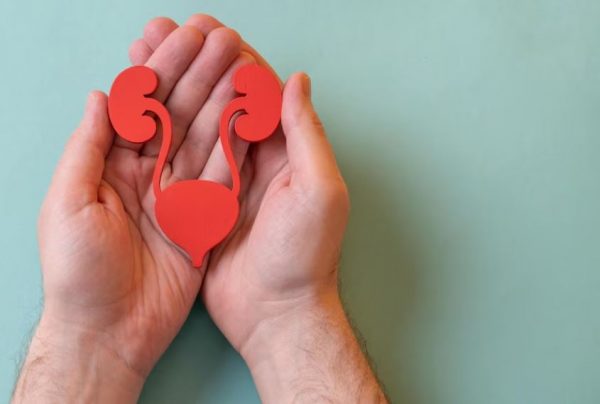- Home
- Health Center
- Health Info
- Some Overlooked But Interesting Facts About UTI
Some Overlooked But Interesting Facts About UTI


If you’ve ever had a urinary tract infection, you know how painful and frustrating it can be, especially when they keep coming back. Yet, how much do you know about urinary tract infections? Here are four interesting facts about urinary tract infections that are often overlooked.
Fact 1: There are multiple types of urinary tract infections.
The urinary system consists of the bladder, kidneys, ureters and urethra. Your kidneys do many important jobs, such as removing waste and extra fluid from the blood to make urine.
Narrow tubes called ureters carry urine from the kidneys to the bladder. Urine is stored in your bladder and emptied through the urethra, draining the urine out of your body.
Urinary Tract Infection (UTI) is an infection of any part of the urinary system. Urinary Tract Infections usually affect the bladder or the urethra; if not treated, they can spread to the ureters and the kidneys.
Urinary Tract Infection types include:
- Bladder Infections (Cystitis)
- Kidney Infections (Pyelonephritis)
- Urethra Infections (Urethritis)
Fact 2: It’s relatively common for women to experience recurrent UTIs compared to men.
Did you know up to 80% of women acquire at least one urinary tract infection (UTI) during their lifetime? Women are more prone to UTIs than men because their urethra is shorter and straight, making it easier for germs to travel into the bladder. In addition, their perineum, which is the area between the genitals and the anus, is also shorter, so bacteria may easily be transferred.
Fact 3: Although far less common, men can also contract UTIs
Particularly if the man has trouble with urine flow, such as those with an enlarged prostate have a high risk of developing UTIs. This is because they are usually unable to empty their bladder completely.
Researchers at McGill University, Montreal, also found that uncircumcised boys are more prone to UTIs. It may be due to the bacteria that build up under the foreskin and then enter the urinary tract later.
Fact 4: Diabetes makes you more likely to develop UTIs
People with diabetes are at increased risk of having UTIs as their urine may have a high sugar content, which makes it easier for bacteria to multiply. Some of the antidiabetic medications may increase the risk of developing UTIs too. Therefore, it is always essential to keep your blood sugar level. Speak to your healthcare professionals if you are concerned.
Fact 5: UTIs can often be prevented
There are some things you can try to help prevent a urinary tract infection (UTI) from happening or prevent it from returning.
✅For females, wipe from front to back after going to the toilet.
✅Drink plenty of fluids, particularly water – so that you regularly pee during the day and do not feel thirsty.
✅Promptly change nappies or incontinence pads if they’re soiled.
✅Urinate when you feel the need. Do not wait.
✅Cotton underwear and loose-fitting clothes help keep the area around the urethra dry. Tight clothes and nylon underwear trap moisture. This can help bacteria grow.
✅Take probiotics regularly. Probiotics may help restore good bacteria, which helps protect our urinary tracts from the growth and invasion of harmful bacteria. Speak to your pharmacist to understand the specific strain of probiotics that carry these benefits.
We had an article on Urinary Tract Infection 101. Click here to read more: https://www.caring2u.com/health_info/urinary-tract-infection/
References:
- Urinary tract infection (2015) PORTAL MyHEALTH. Available at: http://www.myhealth.gov.my/en/prime-years-urinary-tract-infection/ (Accessed: January 3, 2023).
Latest Health Info
Ladies, Let’s Bring Out The Beauty In You
Ladies, Let’s Bring Out The Beauty In You As women juggle the demands of work, family, and personal health, taking ...
Healthy Weight, Happy Joints
How Does Weight Affect Knee Health? The Link Between Pounds And Pain Osteoarthritis (OA) involves the degeneration of joints, which ...
The Gut Warriors: Prebiotics, Probiotics and Postbiotics
When it comes to gut health, you’ve probably heard of prebiotics and probiotics. But did you know there’s also ...



